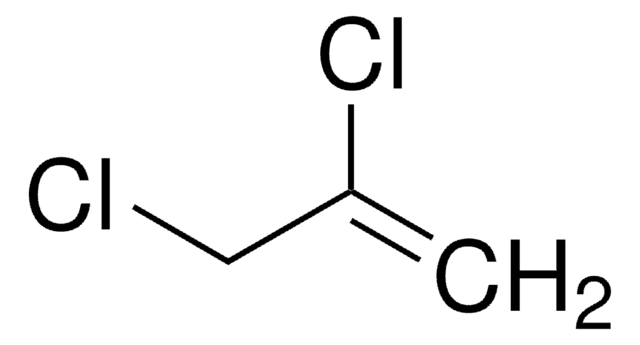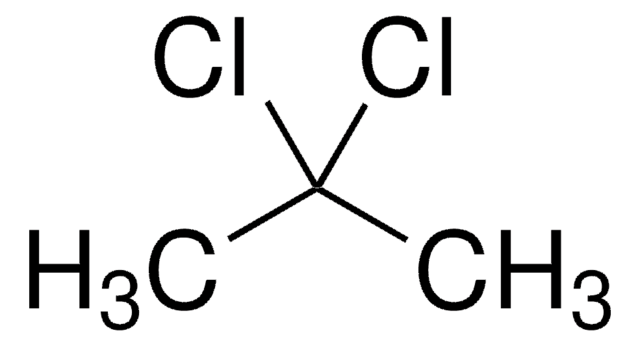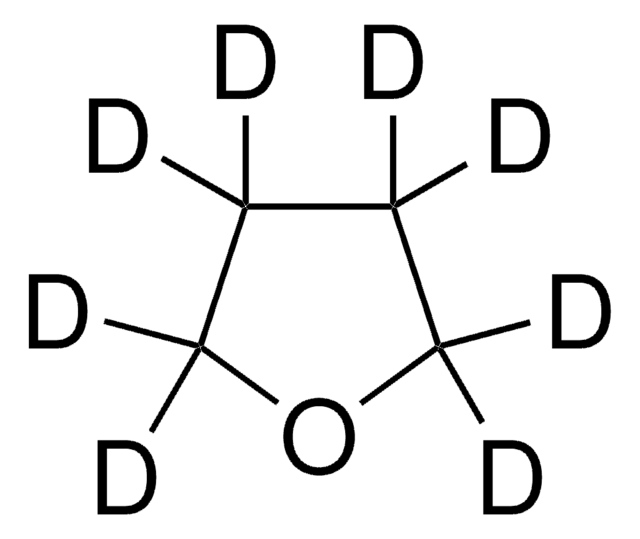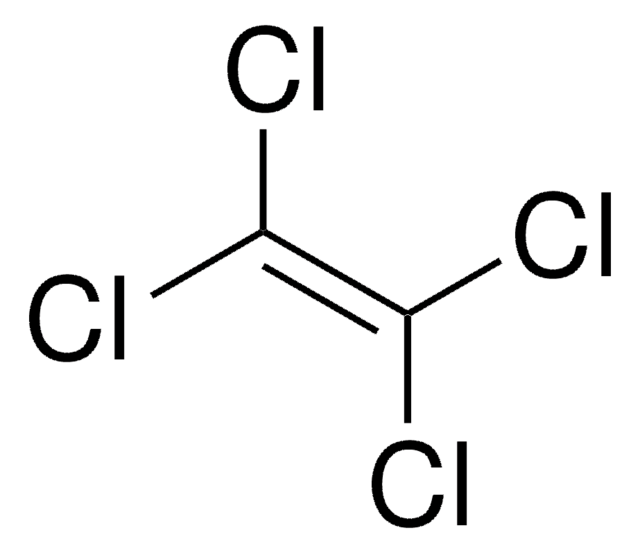377414
cis-1,3-Dichloropropene
97%
Synonym(s):
(Z )-1,3-Dichloropropene, cis -1,3-Dichloropropylene
About This Item
Recommended Products
Quality Level
Assay
97%
refractive index
n20/D 1.4675 (lit.)
bp
104 °C (lit.)
density
1.225 g/mL at 25 °C (lit.)
SMILES string
ClC\C=C/Cl
InChI
1S/C3H4Cl2/c4-2-1-3-5/h1-2H,3H2/b2-1-
InChI key
UOORRWUZONOOLO-UPHRSURJSA-N
Looking for similar products? Visit Product Comparison Guide
Related Categories
Signal Word
Danger
Hazard Statements
Precautionary Statements
Hazard Classifications
Acute Tox. 3 Dermal - Acute Tox. 3 Inhalation - Acute Tox. 3 Oral - Aquatic Acute 1 - Aquatic Chronic 1 - Asp. Tox. 1 - Eye Irrit. 2 - Flam. Liq. 3 - Skin Irrit. 2 - Skin Sens. 1 - STOT SE 3
Target Organs
Respiratory system
Storage Class Code
3 - Flammable liquids
WGK
WGK 3
Flash Point(F)
75.0 °F - closed cup
Flash Point(C)
23.9 °C - closed cup
Personal Protective Equipment
Choose from one of the most recent versions:
Already Own This Product?
Find documentation for the products that you have recently purchased in the Document Library.
Our team of scientists has experience in all areas of research including Life Science, Material Science, Chemical Synthesis, Chromatography, Analytical and many others.
Contact Technical Service











